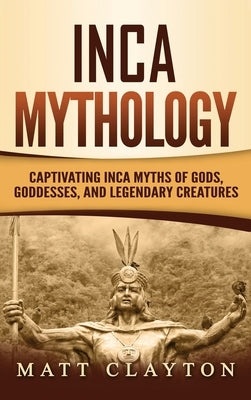This volume deploys recent feminist epistemological frameworks to analyze how concepts like knowledge, authority, rationality, objectivity and testimony were constructed in Greece and Rome. The introduction serves as a field guide to feminist epistemological interpretations of classical sources, and the following sixteen chapters treat a variety of genres and time periods, from Greek poetry, tragedy, philosophy, oratory, historiography and material culture to Roman comedy, epic, oratory, letters, law and their reception. By using an intersectional approach to demonstrate how epistemic systems exclude and pathologize the experiences of ancient women and other oppressed groups, these contributions aid in the recovery of non-dominant narratives and reveal issues of sex, gender, race, ethnicity, sexual identity, religion, age, class, familial status and citizenship in the ancient and modern world. The volume contributes to a more inclusive and equitable study of classical antiquity and builds transhistorical connections capable of exposing similar injustices in our own time.
About the AuthorMegan Elena Bowen received a PhD in Classics from the University of Virginia in 2018. She specialises in Roman literature and culture and has published on prayer and sexual violence in Ovid's Metamorphoses (Classical Journal, 2020). She is especially interested in issues related to gender and power in ancient texts and their reception.
Mary Hamil Gilbert is an Assistant Professor of Classics at Mississippi State University. Her research focuses on Greek and Roman drama, classical reception in early modern France, and women and gender studies. She has published articles and chapters on Aeschylus, Euripides, Seneca, and early modern French tragedien Jean Racine's reception of Greek and Roman drama including 'Engaging Ancient Tragedy: Troy Falls Again in Jean Racine's Andromaque' (Classical Receptions Journal, 2018), 'Je sentis tout mon corps et transir et brûler' Sublimating Ancient Sexuality in Jean Racine's Phèdre et Hippolyte in The Routledge Companion to the Reception of Ancient Greek and Roman Gender (2022), and 'Policing Women's Anger in the Roman Tragedy Octavia' (forthcoming). She has also translated Anyte of Tegea's animal epigrams into English (Ancient Exchanges, 2020).
Edith Gwendolyn Nally is an Assistant Professor of Philosophy and an Associate Faculty member in the Classics Program and the Race, Ethnic, and Gender Studies Department at the University of Missouri, Kansas City. She specialises in Ancient Greek Philosophy, Epistemology, and Feminist Philosophy and is the author of several articles and chapters on Plato's erotic philosophising, including 'A Case for Platonic Love' in The Philosophy of Love and Sex (Oxford University Press, Forthcoming), 'Philosophy's Workmate: Erōs and the erōtica in Plato's Symposium' (Aperion, De Gruyter Press, 2021), and 'The Telos Problem in Plato's Symposium' in Wisdom, Love and Friendship in Ancient Philosophy (De Gruyter Press, 2021).




















































